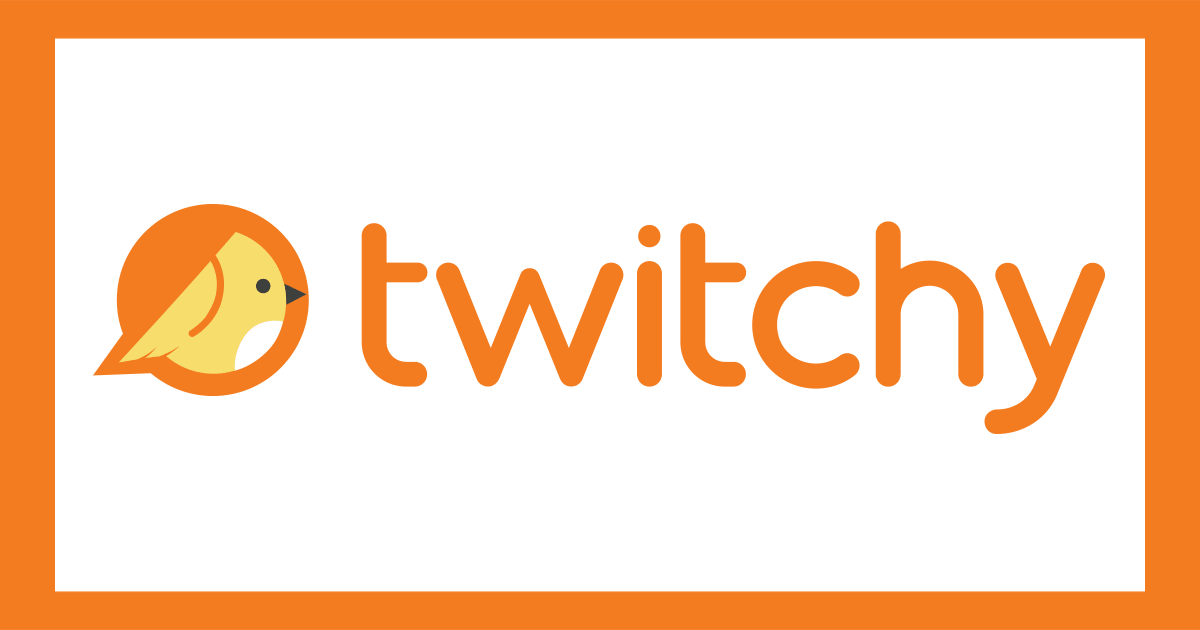‘Overall Success of Progressive Politics’ Is No Concern of Public Labor Policy
Rock-ribbed proponents of the American employee’s personal freedom to join or not a join a union and dyed-in-the-wool advocates of compulsory unionism alike are anxiously awaiting the outcome of the U.S. Supreme Court case Harris v. Quinn, in which a decision will almost certainly be issued by June 30 at the latest.
The High Court may well send down a narrow ruling on the issue of whether it is permissible for the state of Illinois to categorize home health-care providers like Pam Harris (the lead plaintiff in the case), who are compensated with money that indirectly comes from Medicaid, as “public employees” solely for the purpose of corralling them into unions. Â But Right to Work supporters hope, and Right to Work opponents fear, that a majority of justices may seize the opportunity to overturn key parts of Abood v. Detroit Board of Education, the 1977 decision in which the Supreme Court found for the first time that the extraction of forced union dues and fees from unwilling public employees to pay for union bargaining activities is constitutional.
As this blog has previously reported, the January 21 oral arguments in Harris were fatal to a key, unexamined presumption of the pro-forced unionism majority opinion in Abood, to wit, the presumption that workers who don’t want a union nevertheless somehow “benefit” from being under union control.
During the hearing, Justice Sam Alito repeatedly grilled Service Employees International Union (SEIU) lawyer Paul Smith about whether it is permissible, under the First Amendment, for the government to force public employees to bankroll a private organization, e.g. a union, that they reasonably believe is harming them.
At one point the justice cited the example, well-grounded in reality, of a teacher union that opposes merit pay and any change in the tenure system, and a teacher who is not a union member and “disagrees completely with the union on these issues.”
Even though the teacher is not a union member, continued Alito, he “still has to pay a pretty hefty agency fee, maybe $700 a year. So the teacher is paying this money to the union to make an argument to the employer with which the teacher completely disagrees.” Â Alito subsequently asked what Smith would say to such an employee.
The SEIU lawyer didn’t make any pretense that teachers and other types of employees who oppose union officials’ workplace agenda nevertheless somehow “benefit,” on the whole, from having those union bosses act as their monopoly-bargaining agents, and should therefore be forced to pay dues, or be fired. Â Instead, ignoring the actual language of Abood, he insisted this decision means that the forced-dues “requirement is an appropriate thing which a public employer is allowed to impose” on employees who are harmed by the union as well as those who may be helped.
Of course, few if any pundits who are rooting for the Supreme Court to uphold Abood openly acknowledge this is the status quo they are defending. Â Instead, they try to change the subject. Â For example, in a commentary early this month, Matthew Yglesias, executive editor of the Vox web site, suggested that, regardless of how many public employees it may help or hurt, government-sector union monopoly bargaining is a “good” because union bosses frequently “intervene in politics, typically on behalf of progressive [from Yglesias’ perspective] causes.” Â If “the overall success of progressive politics depends on strong unions,” Yglesias tacitly argued, then it may be acceptable to force workers to pay for unwanted union “representation” that harms them. Â (For the whole commentary, see the link below.)
This is a profoundly mistaken and dangerous argument. Â The only legitimate purpose of government labor policy is to advance the interests of workers, and not either to help or hurt ideological partisans of any variety. Â If the best defense that can now be mounted of public-sector compulsory unionism is that it is necessary for the sake of “progressive politics,” then Abood is already on life support, regardless of what the Supreme Court does in the Harris case.

The fact that union bosses routinely “intervene in politics” on behalf of causes he regards as “progressive” is a point in favor of giving them coercive special privileges over the individual employee, according to pundit Matt Yglesias. But it actually isn’t. Image: twitchy.com

